Humor is Not Just Entertainment: 7 Questions for David Feltmate
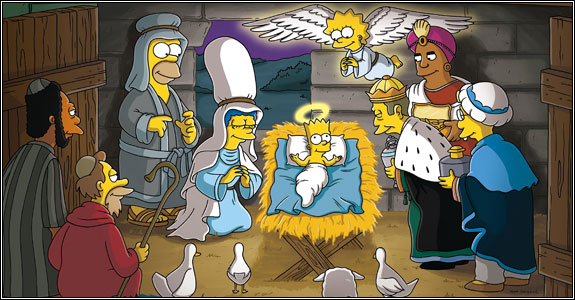
David Feltmate Popular culture scholarship is actually quite difficult, but people seem to think it is easy. It is not enough to just watch TV or listen to music, you really have to dig into the significance of the material and its social importance.
How Group Identities Work: 7 Questions for Michael Altman
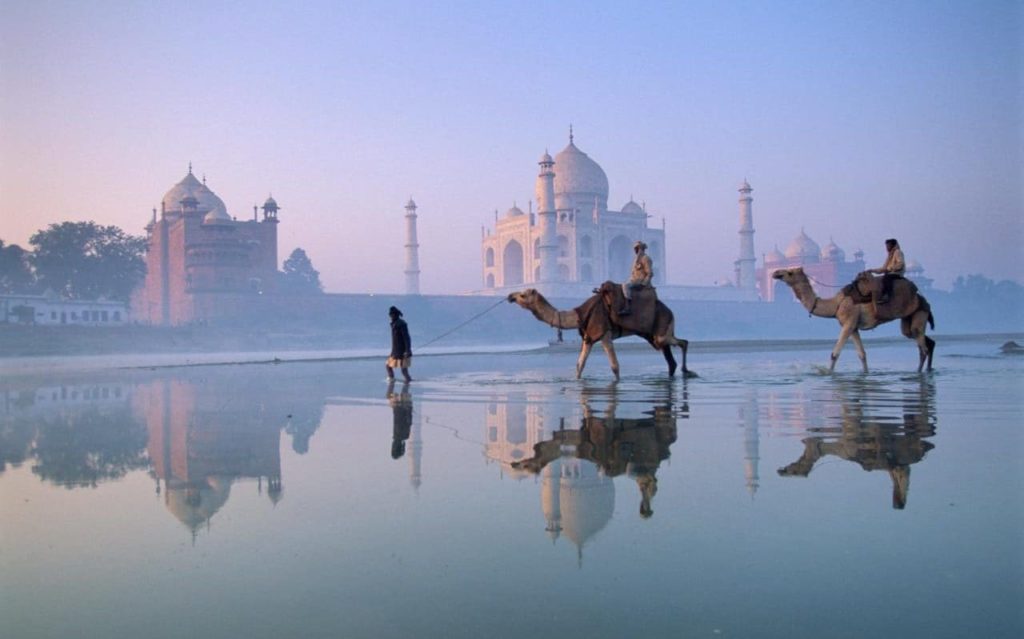
Michael J. Altman First, I’d want readers to understand that when “we” talk about “them” over there (whether in India or, say, the Middle East) we are really talking about what it means to be “us.”
Eddie Glaude on Black Religious Life and Politics: Parts 2 and 3
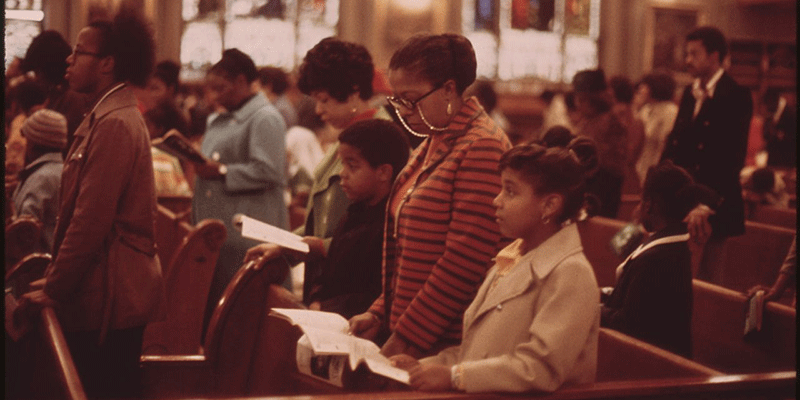
Glaude discusses here how African-American religious life can facilitate a response to political problems and he introduces a key concept called the “value gap,” or, “belief that white people are valued more than others,” from his latest book Democracy in Black.
The Rise of the Internet Witch
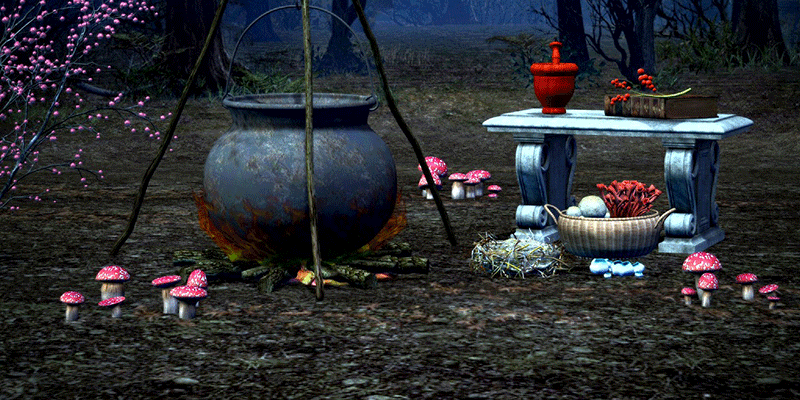
Audrey Lundahl Although witches are using the internet to connect and share with wider communities, the web is only one aspect of the wider interconnectedness of witchcraft.
Eddie Glaude on Race and The American Soul: Part 1

Beginning with a distinction between African American religions and African American religious life, Professor Glaude explains how black religious life and thought have historically entered public discourse to mediate matters of race and justice.
Tactile Materiality and Iconic Abundance in Zen? 7 Questions for Pamela Winfield and Steven Heine
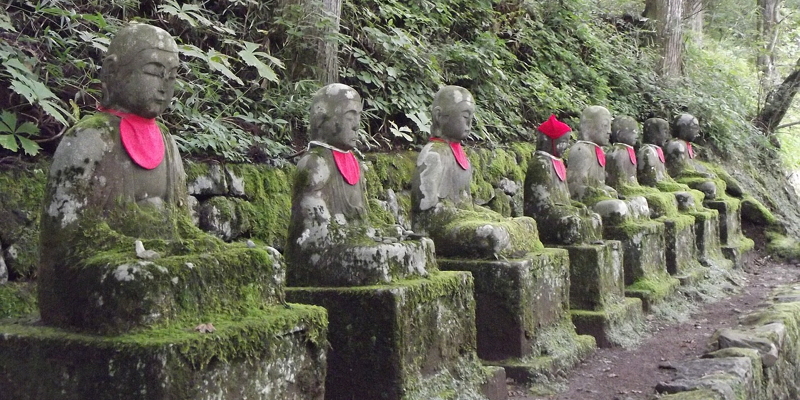
Pamela D. Winfield and Steven Heine We hope to demonstrate the tactile materiality and iconic abundance of the tradition, thereby calling attention to the vast range of “stuff” in Zen.
Christianity Meets State Shinto in Meiro Koizumi’s “Today My Empire Sings”
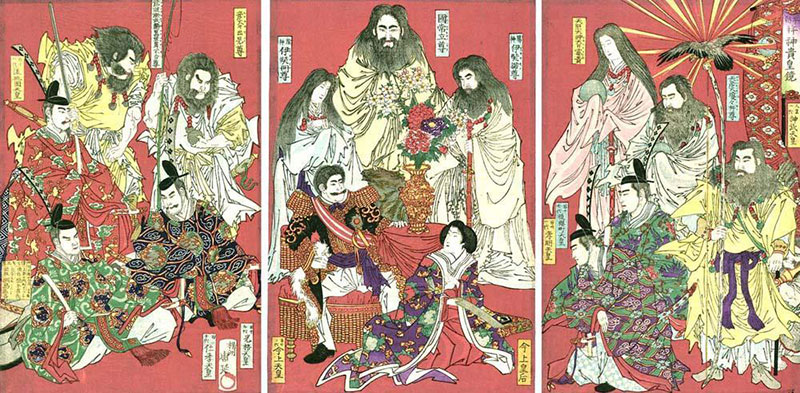
Jeremy Woolsey This story is a stark reminder of continuing taboos surrounding the emperor in contemporary Japan and the difficulties artists face in challenging them.
Weird, Wacky, and Contradictory Yoga: 7 Questions for Anya P. Foxen
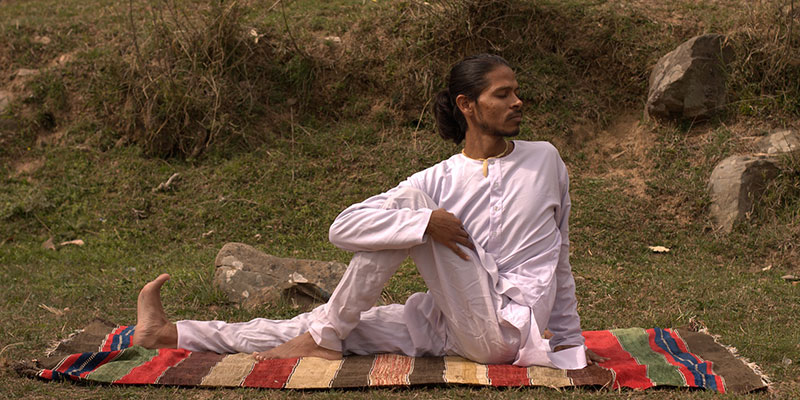
Anya P. Foxen For the purposes of this book, religion is the possibility of the human to become superhuman.
Christianity Floats Too: Why Christians Should Watch “It”
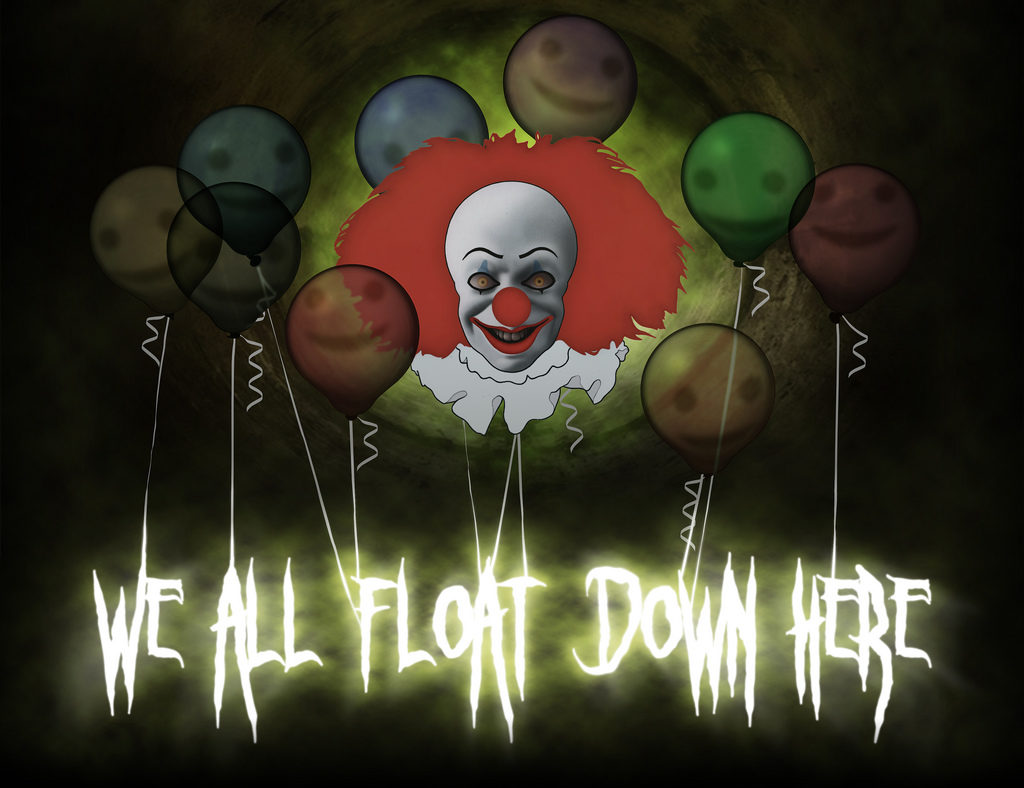
Daniel Anderson The town is philosophically Darwinian as it viciously works to separate its losers from its winners. Then, like pagans, it discards them as sacrifices to appease Pennywise.
Liberalism, Mass Media, and the Anatomy of American Cultural Warfare
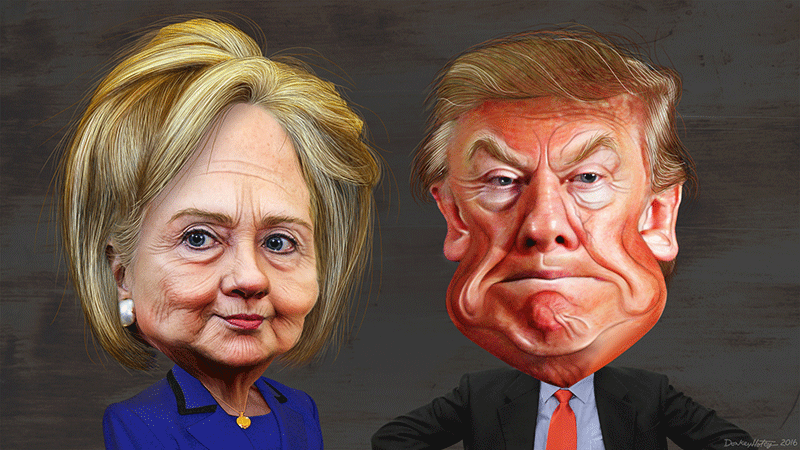
L. Benjamin Rolsky In no uncertain terms, one could argue that “the personal is the political” established the epistemic foundations for what we today call the Culture Wars.
